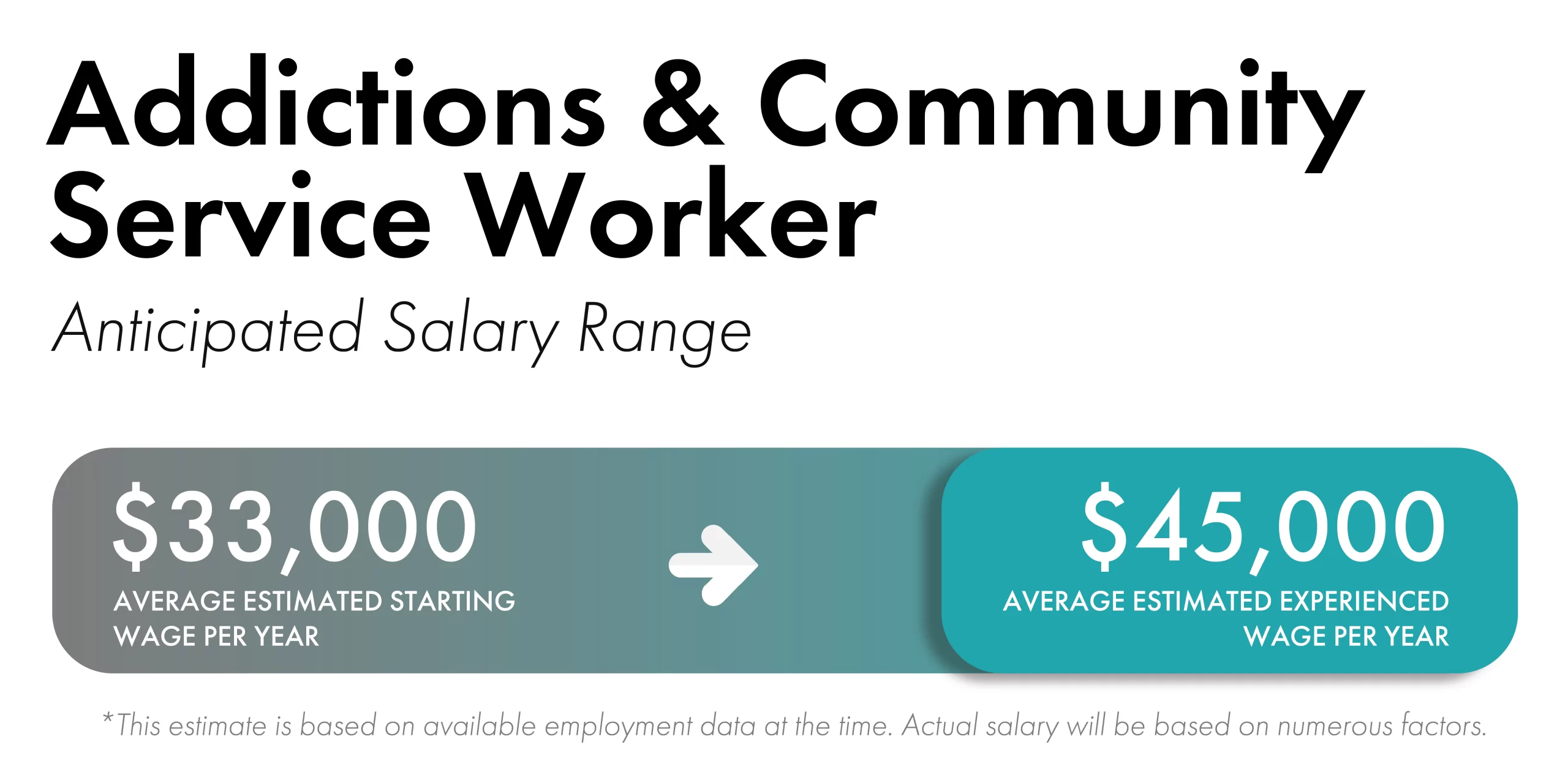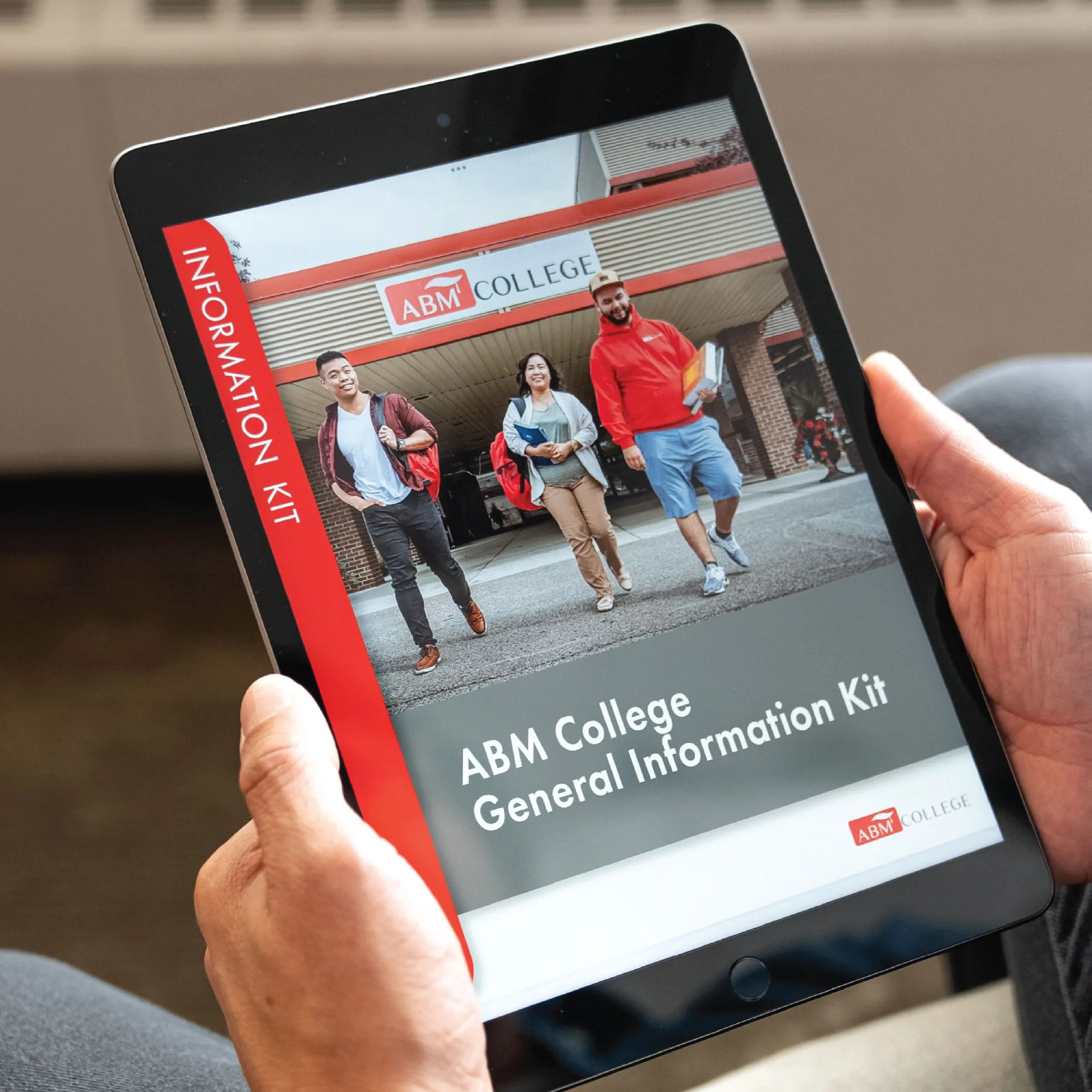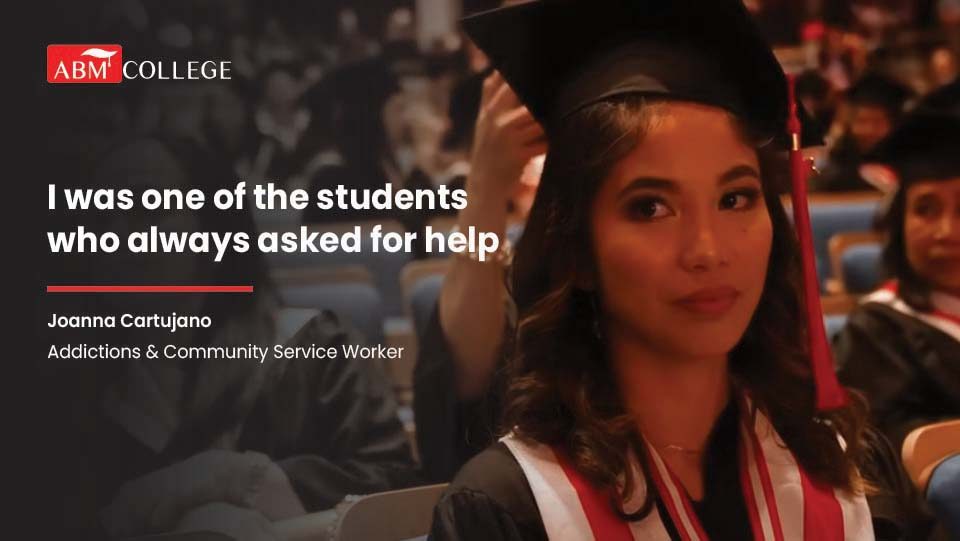Addictions and Community Service Worker Diploma Online Program
Delivery Method
Program Duration
56 Weeks Total
Practicum Duration
Program Schedule
Morning, Evening or Weekend
Next Start Dates
Addictions and Community Service Worker
Diploma Summary
The Addictions and Community Service Worker Diploma is a 100% Online program that fosters the confidence graduates need to start a rewarding new career in 13 months, providing support to those struggling with challenging circumstances. Students are empowered with the skills needed to become front-line workers supporting individuals, families, and communities experiencing a variety of adversities. This online program provides learning opportunities that will challenge students to reach their full potential and expand their perspectives. A mandatory practicum placement allows students to apply their education and skills in a real-world setting before transitioning to the workplace.
Work in the field of community support services is incredibly rewarding. Professionals often express a significant level of job/work satisfaction from the impact and overall difference their work can make in someone's life. Addictions and community support workers hold professional jobs in a wide range of settings, including but not limited to group homes, outreach services, residential treatment facilities, domestic violence shelters, and many other not-for-profit and social service agencies.
Addictions and Community Service
Course Highlights
- Study Online- Study online with a schedule that seamlessly aligns with your home, work, and other commitments.
- Enhance your skills- Enhance your communication and technical skills needed to work in the community and assist those who suffer from personal, social, and/or substance issues.
- Support Clients- Learn how to assess clients’ emotional or health-related needs and to develop action plans to support those clients.
- Learn Basics- Explore topics such as the basic concepts of psychology, impacts of stigma, effects of trauma throughout the lifespan, crisis interventions, and addiction treatment approaches.
- Risk Factors and Perpetration- Recognize disorders and mental health concerns with those at high risk for addictions, abuse and violence, vulnerable populations, and more.
- Victimization and Vulnerable Groups- Understanding these core concepts of the helping profession prepares graduates to provide the crucial support their future clients deserve.
Career Opportunities
According to the Canadian Job Bank, future job prospects for the Addictions and Community Service Worker over the next three years are good across most provinces. The highest demand is expected in British Columbia, Manitoba, Nova Scotia, Ontario, and Yukon Territory, followed by other provinces. Graduates of our Addictions and Community Service Worker Online Program are prepared for roles such as:
- Community Support Worker
- Family Support Worker
- Correctional Facility Support
- Substance Treatment Centre Support
Salary Range
The anticipated salary range for Addictions and Community Service Workers across Canada is $33,000 to $45,000 based on experience. According to the Canadian Job Bank, hourly wages range between $18/hr and $35/hr, with a median rate of $25/hr.
Nunavut, Yukon Territory, and the Northwest Territories are at the higher end of the scale.

Addictions and Community Service Worker Diploma Information Kit

This kit includes important details on the Addictions and Community Service Worker Diploma program at ABM College.
Course Curriculum
Admissions Requirements

Why Study Addictions and Community Service Worker Online at ABM College?
-
Flexible Learning Schedule - Study around your existing work and personal commitments. Online access allows you to complete coursework at times, making education more accessible.
-
Gain Practical Tech Skills - Develop proficiency with digital communication and case management tools essential for the modern workplace, preparing you for increasingly common telehealth and online support roles.
-
Learn in a Relevant Environment - Master the skills of client engagement, counselling, and community support through the same online mediums you will likely use to serve clients in your future career.
-
Focused & Self-Paced Progress - The online format allows for concentrated learning and the ability to review challenging material as needed, potentially leading to a deeper understanding of complex topics.
Frequently Asked Questions
Success Stories: Addictions & Community Service Worker Program Graduates



